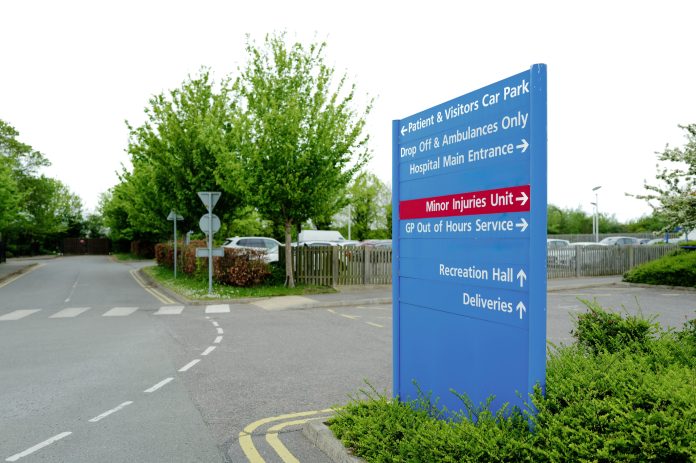Prime Minister Keir Starmer has announced plans to abolish NHS England, hoping to cut down on unnecessary bureaucracy and bring the health service back under central government control
This decision has been made to improve efficiency, free up resources and provide better care for patients.
A change in the NHS
This announcement shows a shift in the structure of the NHS, partially reversing a major reorganisation carried out by the Conservative-led government in 2012.
Under the previous reforms, NHS England was established to oversee the daily running of the health service, creating what many see as a layer of management that has made the system more complicated and less effective.
According to the government, NHS England has become a “burdensome” layer of bureaucracy that lacks clear accountability, the Guardian reported.
The announcement shows the governments believes that the current system, including both NHS England and the Department of Health and Social Care (DHSC), has led to duplicative functions such as multiple communications and strategy teams.
By disassembling this duplication, the government aims to redirect money and resources directly to the front line of the NHS, where it is most needed.
The government’s new plan is also driven by the want to address the growing pressure on the NHS, which has been struggling with staffing shortages and increasing demand for services.
By reducing administrative overhead, Starmer argues, the health service can focus more on delivering better treatments and improving patient outcomes.
What will this change mean?
This will mean that NHS England will now be fully integrated into the DHSC.
This will allow for more direct oversight and coordination of the NHS by central government, ensuring that health service decisions are made with better clarity and responsibility.
The government insists that this restructuring will lead to more efficient use of taxpayer funds, which could be invested in improving frontline services, including hiring more nurses and doctors.
The Prime Minister has acknowledged that people may be wary about this change, especially those who work in the NHS.
However, he emphasised that while the decision would have consequences for staff, it was necessary to address the inefficiencies within the system. The focus, he stated, would remain on ensuring that the NHS can deliver faster, more effective care to patients across the UK.
Keir Starmer hopes for a more effective healthcare system
This is seen as a response to long-standing criticisms of the NHS’s management and funding. The government argues that despite the billions spent on healthcare, the system’s complexity and bureaucracy often restrict its ability to deliver results.
Starmer’s approach, therefore, is to “strip back” unnecessary layers of administration, freeing up resources to improve patient care and reduce waiting times.
Reactions to this change
While this announcement has come with some skepticism, it also has the potential to create in real, positive change if implemented properly.
Former Health Secretary Jeremy Hunt, a key figure in the 2012 NHS reorganisation, welcomed the announcement as a step toward reform. He suggested that if this decision leads to less centralisation and more power being placed in frontline staff’s hands, it could begin a transformative phase for the NHS, the Guardian reported.
However, others are cautious about the risks of further political control over the NHS. Some warn that shifting too much power into the hands of central government could lead to over-centralisation, undermining the autonomy of NHS staff and local health leaders.
In the upcoming months, the government must carefully navigate the complexities of restructuring NHS management to reduce bureaucracy while maintaining the quality of care.











